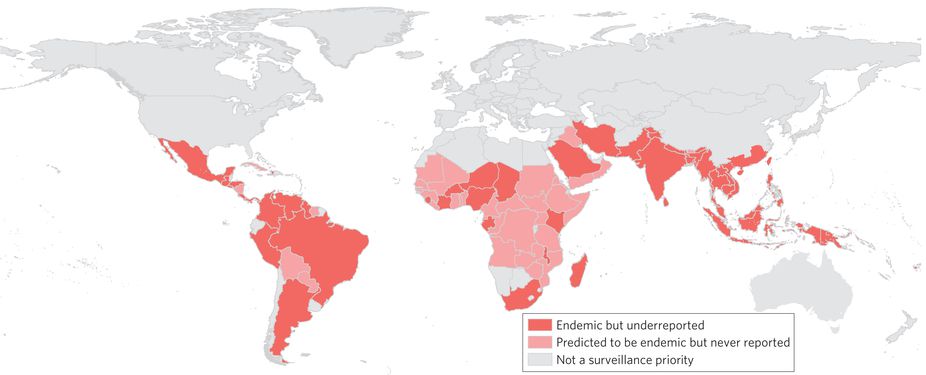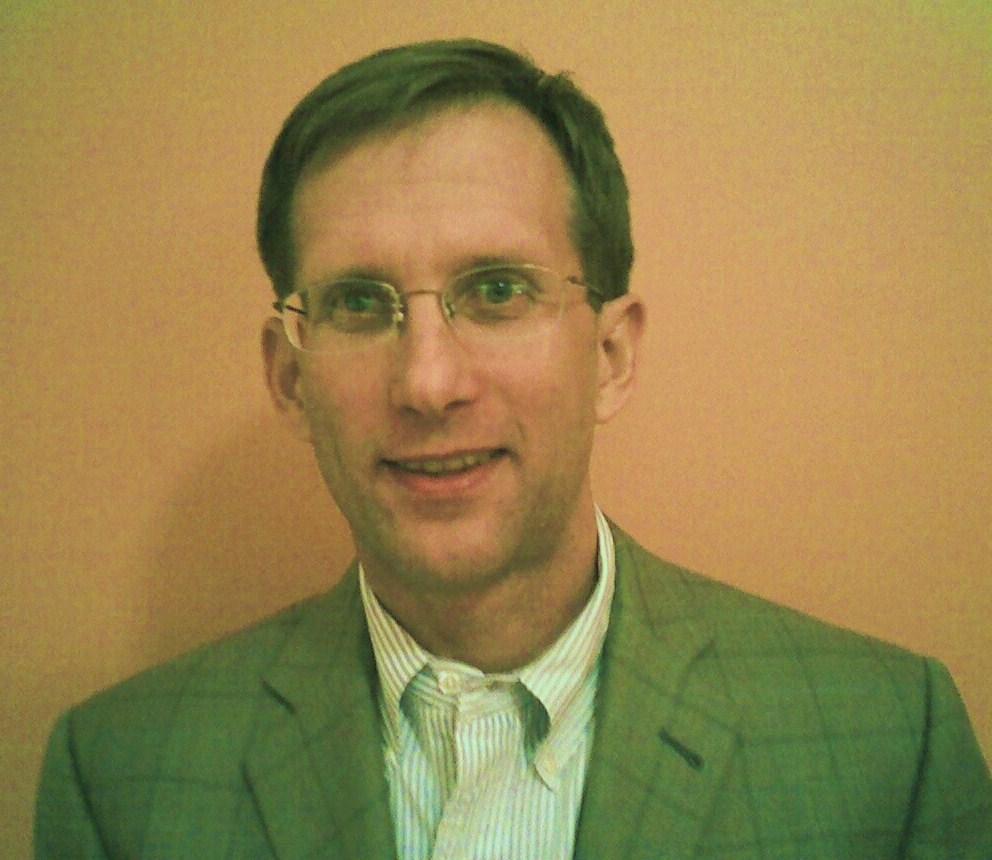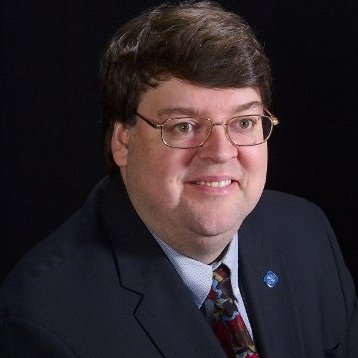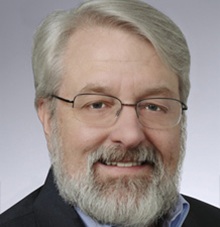 On behalf of the undersigned organizations, we are writing to express our concerns with the Meaningful Use (MU) program and the current state of electronic health records (EHRs). We recognize that the MU program has successfully driven the adoption of EHRs, with over 80 percent of hospitals and physicians now using these systems. We must now turn our attention to ensuring that all of the practices in our respective communities have high-functioning technology to achieve interoperability across all care settings. Yet, with the release of Stage 3, we fear the current trajectory of the MU program will hinder efforts to move forward.
On behalf of the undersigned organizations, we are writing to express our concerns with the Meaningful Use (MU) program and the current state of electronic health records (EHRs). We recognize that the MU program has successfully driven the adoption of EHRs, with over 80 percent of hospitals and physicians now using these systems. We must now turn our attention to ensuring that all of the practices in our respective communities have high-functioning technology to achieve interoperability across all care settings. Yet, with the release of Stage 3, we fear the current trajectory of the MU program will hinder efforts to move forward.
News
Overlooked Disease Killing Tens of Thousands in the Tropics
 Researchers have raised the alarm about an overlooked bacterial disease that they say killed 89,000 people in 79 countries in 2015. In a paper published in Nature Microbiology last week (11 January), researchers say that melioidosis is likely to be present in most of the tropics, including 34 countries where it has never been reported.
Researchers have raised the alarm about an overlooked bacterial disease that they say killed 89,000 people in 79 countries in 2015. In a paper published in Nature Microbiology last week (11 January), researchers say that melioidosis is likely to be present in most of the tropics, including 34 countries where it has never been reported.
- Login to post comments
- News
Cory Doctorow on Influencing the Future Instead of Predicting It
 Cory Doctorow is good with words. He just prefers stringing them into sentences, not subroutines. "I was a software developer," he says. "I'm much better at writing science fiction novels. Like, seriously."..."There's a certain efficiency to writing code," Doctorow says. "It can be a very powerful intervention. Look at the tiny number of people who hack on Tor, and the massive impact they've had around the world. That's the upside of code." But writing code just isn't for him. One of today's most active, vocal, and recognized champions of digital rights, eschewing a programming career is rather striking. After all, if what Lawrence Lessig says is true—if, in the 21st Century, code is the fulcrum of power—then becoming a coder would seem tantamount to Doctorow's interests, what he calls the intersection of "technology and liberation"...
Cory Doctorow is good with words. He just prefers stringing them into sentences, not subroutines. "I was a software developer," he says. "I'm much better at writing science fiction novels. Like, seriously."..."There's a certain efficiency to writing code," Doctorow says. "It can be a very powerful intervention. Look at the tiny number of people who hack on Tor, and the massive impact they've had around the world. That's the upside of code." But writing code just isn't for him. One of today's most active, vocal, and recognized champions of digital rights, eschewing a programming career is rather striking. After all, if what Lawrence Lessig says is true—if, in the 21st Century, code is the fulcrum of power—then becoming a coder would seem tantamount to Doctorow's interests, what he calls the intersection of "technology and liberation"...
- Login to post comments
- News
My Digital Twin Is Worth More Than I Am
 Whether we like it or not, whether we realize it or not, monetization of our data is happening, While research suggests we are overwhelmingly willing to share our health information for research, once the implicit value of our contributions becomes clearer, that willingness may be more conditioned upon an explicit return. Take, for example, Datacoup. They are one of the first companies to allow consumers sell their data. Consumers upload their data to Datacoup, which then markets it to data purchasers, with the consumers getting paid based on how much those purchasers pay. Datacoup's CEO told the EIU: "If merchants are willing to provide value in exchange for more or better consumer consented data, then you’ll see a vibrant and massive marketplace spawned for the direct exchange of data, and in effect a more direct relationship between consumers and merchants."
Whether we like it or not, whether we realize it or not, monetization of our data is happening, While research suggests we are overwhelmingly willing to share our health information for research, once the implicit value of our contributions becomes clearer, that willingness may be more conditioned upon an explicit return. Take, for example, Datacoup. They are one of the first companies to allow consumers sell their data. Consumers upload their data to Datacoup, which then markets it to data purchasers, with the consumers getting paid based on how much those purchasers pay. Datacoup's CEO told the EIU: "If merchants are willing to provide value in exchange for more or better consumer consented data, then you’ll see a vibrant and massive marketplace spawned for the direct exchange of data, and in effect a more direct relationship between consumers and merchants."
- Login to post comments
- News
The Future of Meaningful Use Stage 3
- Login to post comments
- News
Why the Touchstone Project is so important to HL7 FHIR
 The AEGIS Touchstone Test Platform, launched at the most recent HL7 FHIR Connectathon in Atlanta, Georgia in October 2015, provides the means to help guide FHIR implementations toward a high degree of conformance and interoperability within a continuous testing and integration model. As stated by HL7 CEO Charles Jaffe, MD, PhD, “A successful testing program also provides FHIR development teams at HL7 with the essential infrastructure that is critical for all of our stakeholders."
The AEGIS Touchstone Test Platform, launched at the most recent HL7 FHIR Connectathon in Atlanta, Georgia in October 2015, provides the means to help guide FHIR implementations toward a high degree of conformance and interoperability within a continuous testing and integration model. As stated by HL7 CEO Charles Jaffe, MD, PhD, “A successful testing program also provides FHIR development teams at HL7 with the essential infrastructure that is critical for all of our stakeholders."
- Login to post comments
- News
Top 10 Open Source Legal Developments in 2015
 In 2015 there were a variety of legal issues of importance to the FOSS (free and open source) community. Continuing the tradition of looking back over the top ten legal developments in FOSS, my selection of the top ten issues for 2015 is as follows:
In 2015 there were a variety of legal issues of importance to the FOSS (free and open source) community. Continuing the tradition of looking back over the top ten legal developments in FOSS, my selection of the top ten issues for 2015 is as follows:
- Settlement of Versata cases interpreting General Public License version 2 (GPLv2)
- First decision interpreting General Public License version 3 (GPLv3)
- Linux programmer sues VMware for violation of GPLv2 for Linux
- Community GPL compliance
- European Commission antitrust investigation of Google and its Android operating System (Android OS)...
- Login to post comments
- News
OpenMRS Holds World Wide Summit in Singapore
 OpenMRS held its first annual World Wide Summit for interested participants and contributors (including developers and implementers) in Singapore from December 8-14, 2015. The World Wide Summit meeting is designed to create a collaborative global space to share and discuss work and ideas about OpenMRS, showcase innovative development that has occurred over the last year, and support an OpenMRS Hackathon. This first annual summit was planned to build, support and grow the OpenMRS community as well as the OpenMRS software suite. The conference was attended by over 100 participants from 6 continents. There were more than 50 sessions by close to 30 speakers.
OpenMRS held its first annual World Wide Summit for interested participants and contributors (including developers and implementers) in Singapore from December 8-14, 2015. The World Wide Summit meeting is designed to create a collaborative global space to share and discuss work and ideas about OpenMRS, showcase innovative development that has occurred over the last year, and support an OpenMRS Hackathon. This first annual summit was planned to build, support and grow the OpenMRS community as well as the OpenMRS software suite. The conference was attended by over 100 participants from 6 continents. There were more than 50 sessions by close to 30 speakers.
- 1 comment
- News
VA's Office of Information and Technology (OI&T) Has Announced New Veteran-focused Integration Process (VIP)
 The Office of Information and Technology (OI&T) of the U.S. Department of Veterans Affairs (VA), has announced a new Veteran-focused Integration Process (VIP) to replace the Project Management Accountability System (PMAS) for the development and management of IT projects. The Veteran-focused Integration Process (VIP) is a Lean-Agile framework that services the interest of Veterans through the efficient streamlining of activities within the VA enterprise. It is designed to increase the speed of delivery of high-quality, secure IT capabilities to Veterans. Read More »
The Office of Information and Technology (OI&T) of the U.S. Department of Veterans Affairs (VA), has announced a new Veteran-focused Integration Process (VIP) to replace the Project Management Accountability System (PMAS) for the development and management of IT projects. The Veteran-focused Integration Process (VIP) is a Lean-Agile framework that services the interest of Veterans through the efficient streamlining of activities within the VA enterprise. It is designed to increase the speed of delivery of high-quality, secure IT capabilities to Veterans. Read More »
- Login to post comments
- News
Science Organizations Sign Open Data Access Accord
 Four leading international science organizations have announced a global accord proposing principles and practices for open access to research data. The accord titled Open data in a big data world was announced last month (December 9) during Science Forum South Africa held in Pretoria. "Maximizing public benefit from the data revolution in both developed and developing countries is a priority, … [and] needs a global, coordinated response from the scientific community,” says Geoffrey Boulton, president of the International Council for Science (ICSU)’s Committee on Data for Science and Technology (CODATA) and leader of the working group that developed the accord.
Four leading international science organizations have announced a global accord proposing principles and practices for open access to research data. The accord titled Open data in a big data world was announced last month (December 9) during Science Forum South Africa held in Pretoria. "Maximizing public benefit from the data revolution in both developed and developing countries is a priority, … [and] needs a global, coordinated response from the scientific community,” says Geoffrey Boulton, president of the International Council for Science (ICSU)’s Committee on Data for Science and Technology (CODATA) and leader of the working group that developed the accord.
- Login to post comments
- News
Is Health Insurance Itself the Problem with the System?
 I worked in the health insurance industry for a long time. I helped introduce consumer-driven/high deductible plans to help foster cost-awareness. I bought into the protection-against-big-expenses meme. I personally have never not had health insurance. So, by most standards, I should be biased in its favor. But I'm beginning to wonder if health insurance itself is the problem, or at least a big part of the problem. I've written before about some of the new entrants into health insurance; more power to them, and the more the merrier. What I continue to be disappointed by is that we're not really seeing fundamentally new approaches to what health insurance is.
I worked in the health insurance industry for a long time. I helped introduce consumer-driven/high deductible plans to help foster cost-awareness. I bought into the protection-against-big-expenses meme. I personally have never not had health insurance. So, by most standards, I should be biased in its favor. But I'm beginning to wonder if health insurance itself is the problem, or at least a big part of the problem. I've written before about some of the new entrants into health insurance; more power to them, and the more the merrier. What I continue to be disappointed by is that we're not really seeing fundamentally new approaches to what health insurance is.
- Login to post comments
- News